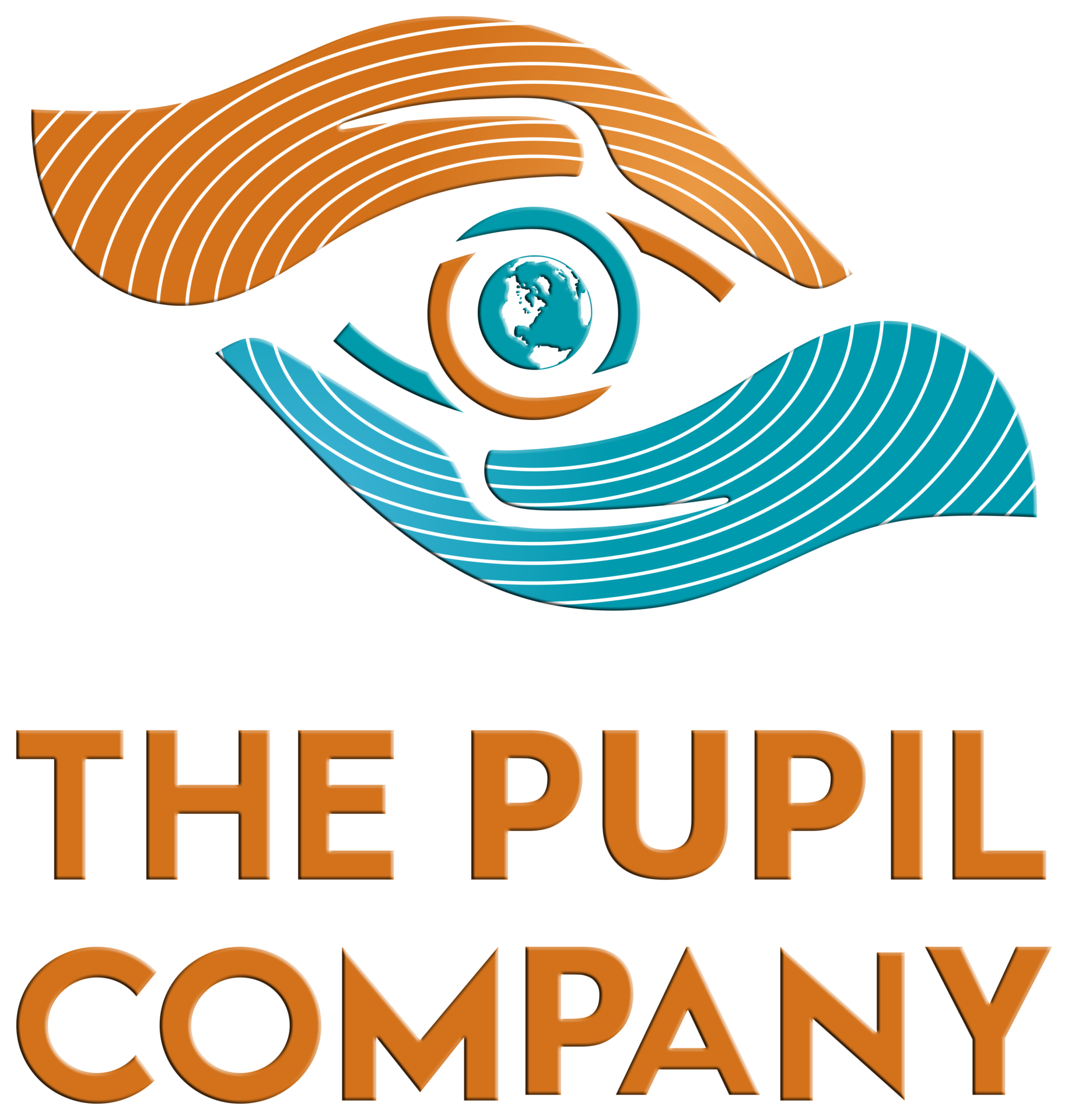In the realm of education, the impact of feedback is nothing short of revolutionary. Just as a maestro conducts a symphony, an instructor shapes the minds of the next generation. In the spirit of Roland Fryer Jr, let’s explore the vital role that feedback, when directed at instructors, plays in transforming classrooms and fostering positive outcomes.
Fryer, known for his innovative approach to education and commitment to equity, has long championed the idea that education is the great equalizer. To harness this potential, it is imperative to recognize the symbiotic relationship between students and instructors and the transformative power that thoughtful feedback holds.
Feedback directed at instructors serves as a compass, guiding educators towards a more impactful teaching experience. Often, it is easy for instructors to assume they have mastered the art of teaching, but a dynamic and evolving classroom environment demands continuous improvement. In the spirit of Fryer’s quest for excellence, constructive feedback becomes a catalyst for growth.
A key aspect of Fryer’s philosophy is the belief that education should not only inform but also inspire. Feedback allows students to communicate their needs, preferences, and concerns, thereby helping instructors tailor their teaching methods to better resonate with the diverse learning styles present in any classroom. This dialogue promotes a collaborative learning environment, where the exchange of ideas flourishes, and barriers to understanding are dismantled.
In a world where educational disparities persist, Fryer emphasizes the importance of addressing the unique needs of each student. Feedback directed at instructors becomes a powerful tool for identifying and rectifying systemic issues, ensuring that no student is left behind. By fostering an open line of communication, instructors can gain insights into the challenges faced by their students and adjust their teaching strategies accordingly, promoting a more inclusive and equitable educational experience.
Moreover, feedback cultivates a culture of accountability, a principle dear to Fryer’s heart. Instructors who embrace feedback as a constructive force are more likely to take ownership of their teaching methods, striving for excellence in every lesson. This accountability transcends the classroom, creating a ripple effect that positively influences the broader education system.
Fryer’s commitment to data-driven decision-making aligns seamlessly with the role of feedback in education. Just as he emphasizes the importance of rigorous evaluation in educational interventions, feedback directed at instructors provides real-time data on the effectiveness of teaching methods. Instructors armed with this information can iterate on their approaches, refining their techniques based on tangible evidence of what works best for their students.
In conclusion, the importance of feedback directed at instructors cannot be overstated in the pursuit of positive classroom outcomes. Roland Fryer Jr’s vision of transformative education aligns with the belief that continuous improvement is the heartbeat of effective teaching. By fostering a culture of open communication, embracing diverse perspectives, and remaining committed to accountability, instructors can unleash the full potential of their students, creating a brighter future for all.
